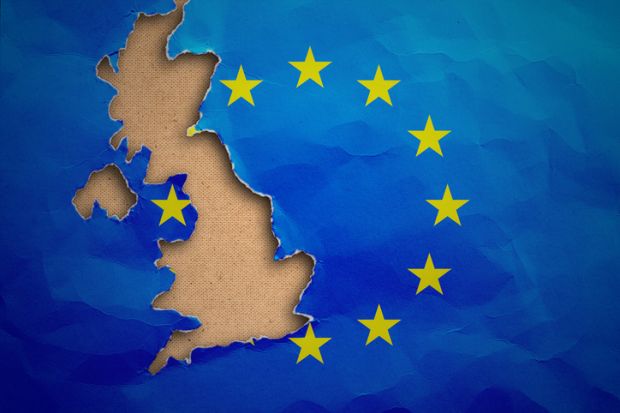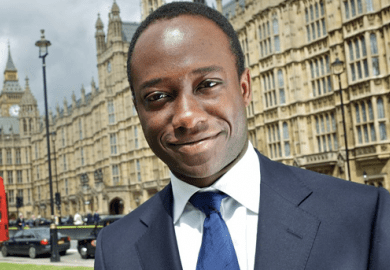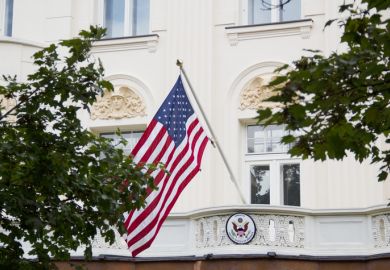MPs have called on the UK government to strike a deal with the European Union on post-Brexit research collaboration by October, warning that otherwise “it cannot be taken for granted that the UK will retain its status as a science superpower”.
A report from the Commons Science and Technology Committee says that reaching an agreement on science and innovation “should now be as important to the government as addressing the question of security”, given the sector’s importance to the economy.
“It must be stripped out from the wider trade negotiations for focused attention, rather than become a knock-on consequence of other negotiations or be traded against other aspects of a post-Brexit deal,” the committee says.
The MPs add that it is “not sufficient” for the government to wait until the Migration Advisory Committee reports in September before addressing the future immigration arrangements for European scholars hoping to work in the UK after Brexit.
The migration committee should be asked to “bring forward its conclusions in relation to the immigration arrangements needed to support science and innovation, and build these into a science and innovation agreement with the EU by October 2018, or earlier if possible”, the report says.
The report, published on 21 March, expresses concern that the government’s “default position does not appear to be that the UK will participate” in Framework Programme 9, the successor programme to the Horizon 2020 funding scheme.
At a Brexit summit held by the committee on 22 February, universities minister Sam Gyimah said that there was “no ambiguity” about the UK’s desire to participate in FP9, but at a subsequent appearance before MPs on 6 March, he declined to commit to seeking associate membership to the programme.
The report says that the government should “state clearly that it intends to participate unless there is a material unfavourable difference between the new programme and its predecessor, and that the UK is ready to pay a fair ‘entry fee’ to secure this. If the price is too high, or the focus on excellence is diluted, a change in approach might be warranted, but the government’s explicitly stated assumption must be to participate fully.”
The report also calls on the government to clarify the funding status of EU students hoping to start university courses in England in 2019 as soon as possible.
Norman Lamb, the committee’s chair, said that the UK “can’t take it for granted that we will retain [our] world-leading position” in science and innovation.
“Cooperation on science and innovation is a ‘win-win’ for the UK and the EU,” he said. “An early deal would provide assurances to researchers, students and academics, and could set a positive tone for future negotiations.
“It is crucial that the government acts swiftly. If it fails to do so, both sides could suffer considerably as a result.”
Register to continue
Why register?
- Registration is free and only takes a moment
- Once registered, you can read 3 articles a month
- Sign up for our newsletter
Subscribe
Or subscribe for unlimited access to:
- Unlimited access to news, views, insights & reviews
- Digital editions
- Digital access to THE’s university and college rankings analysis
Already registered or a current subscriber?








